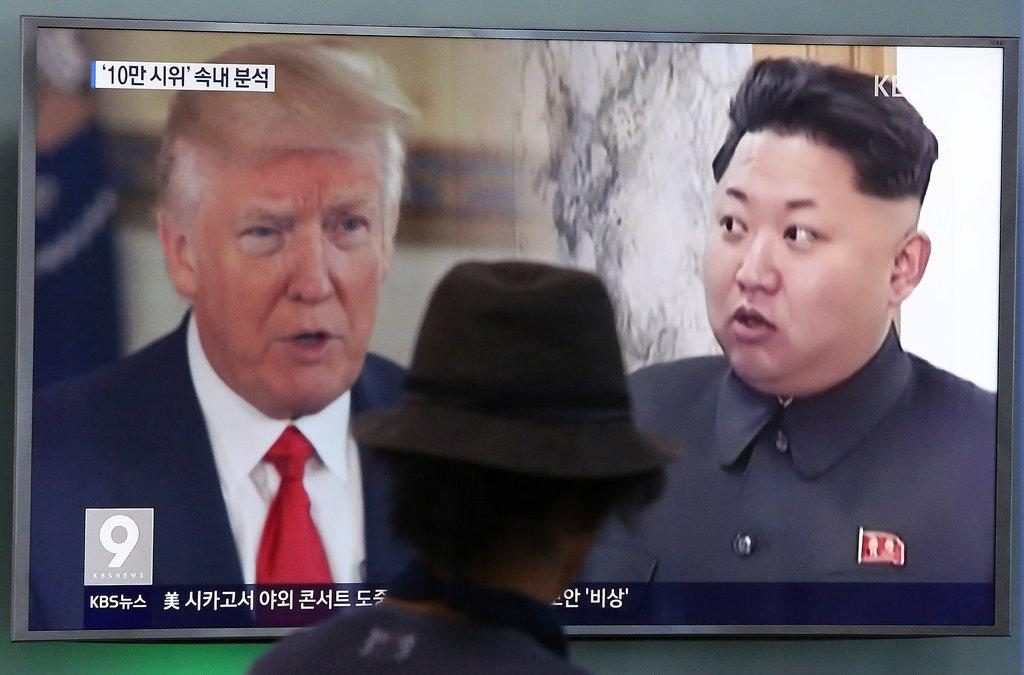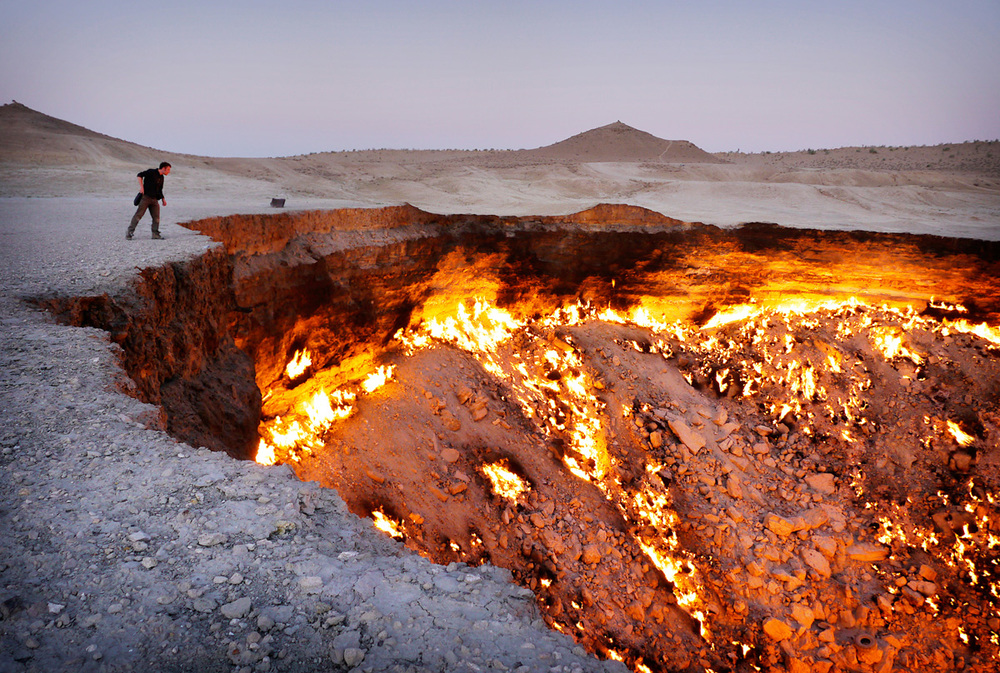The Daily Escape:

The North Window, Monument Valley UT – 2016 photo by Dsdugan, CC BY-SA 4.0
(Wrongo and Ms. Right are heading for the hills, literally. We are spending the next few days in the Berkshires with another sub-set of our kids and grandkids. Blogging will be light. Expect the Monday Wake Up on Tuesday, 7/24.)
It’s time for Republicans to take off their MAGA ball caps. Via the WaPo:
Trump on Monday refused to support the collective conclusion of U.S. intelligence agencies that Russia interfered in the 2016 presidential election, saying that Russian President Vladimir Putin had given him an “extremely strong and powerful” denial during their private talks here….Trump went on to condemn the expansive federal investigation of Russian interference as “a disaster for our country” and “a total witch hunt,” arguing that the probe, along with “foolish” America policies, had severely impaired relations between the two countries.
It is a good thing for the US president to speak with the Russian President, they should do it face-to-face at least twice a year. We should get Russia back into the G-7 (it used to be the G-8 until Crimea). Wrongo isn’t one of these hardliners who insist on something impossible before a meeting, say having North Korea disarm before talking, or insisting that Putin return Crimea to Ukraine before inviting him back into the G-8.
Wrongo isn’t yet certain how far the Russians went to swing the election. He’s far from sure that the Trumpets played an active role in the Russians’ efforts. Wrongo doesn’t believe Trump’s actions amount to a treasonable offense, and desperately hopes that Democrats steer clear of saying anything like that.
Wrongo DOES know that the Trump/Putin press conference gave Robert Mueller much more job security.
But, we must demand much, much more from Republicans who observed the shit show of a press conference and say that they can do nothing. Politico Playbook got it just right:
REPUBLICANS TO THE WORLD: WHAT DO YOU WANT US TO DO? There was a general consensus in the Capitol yesterday: PRESIDENT DONALD TRUMP thoroughly embarrassed the United States standing next to Russian President VLADIMIR PUTIN on the world’s biggest stage.
SEN. TOM COTTON (R-ARK.), a reliable Trump ally, criticized the president — albeit not by name. REP. WILL HURD, a Texas Republican who was a covert CIA operative before becoming a politician, told CNN’s Jake Tapper, “I’ve seen Russian intelligence manipulate many people in my career, and I never thought the U.S. president would be one of them.” SEN. LINDSEY GRAHAM (R-S.C.), Trump’s golf buddy, even had choice words.
BUT, PRIVATELY, senior-level Republican aides and lawmakers had a second message: WHAT THE HELL DO YOU WANT US TO DO?
Republicans saying that they have “no idea what more we should be doing” means that they are cowards who are afraid to make the Redcap partisans in their party angry.
Let’s go back a few years. Obama signed the nuclear deal with Iran, effectively ending their nuclear program. Republicans in Congress disrespected the Democratic president’s foreign policy purview, and sent a letter to Iran, saying Obama didn’t know what he was doing. They added that the GOP Congress would unwind the deal as soon as they got the opportunity.
Now, with the GOP in control of the White House and Congress, Trump sells out America to Putin, yet THESE SAME Republicans have no idea what they can do about it.
None. Because, remember, foreign policy is the president’s purview, not theirs. They’re saying: “We’ve tried nothing, and we’re fresh out of ideas!”
They’d better figure something out. What if Dog forbid, Trump gets worse?
The mainstream news outlets are saying that: “Most Republicans condemned Trump’s press conference with Putin“. Next week, it will seem as if Republicans actually stood up to him on Russia.
Even though they’re really standing shoulder-to-shoulder with him.
What Democrats must continue to do is stay on message with voters that Trump is a clear and present danger, and that the GOP won’t do anything about it.









